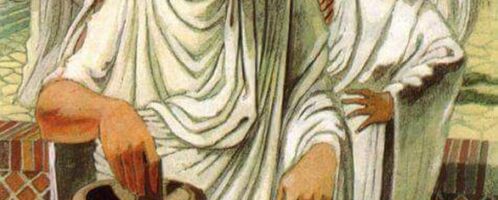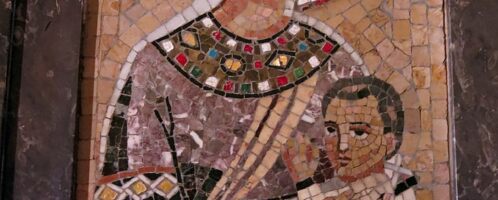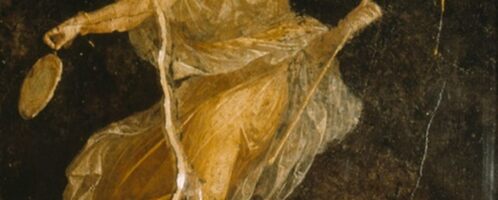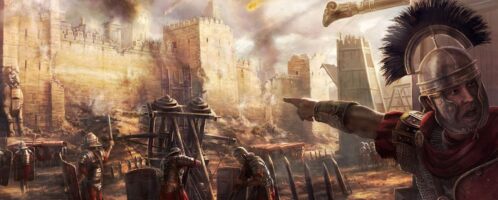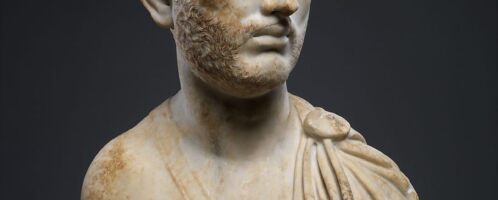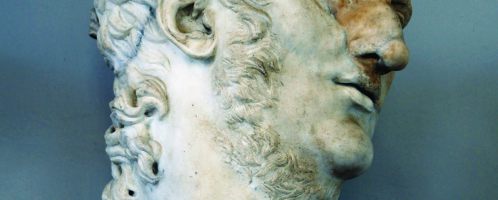Example of Scipio Nasica how not to talk to voter
We are all well aware that an effective politician is one who has very good contact with the voter. However, there are behaviours that can effectively discourage a citizen from voting for a given politician. A great example of this is the story of the conversation between the Roman politician Publius Cornelius Scipio Nasica and a random Roman citizen.

